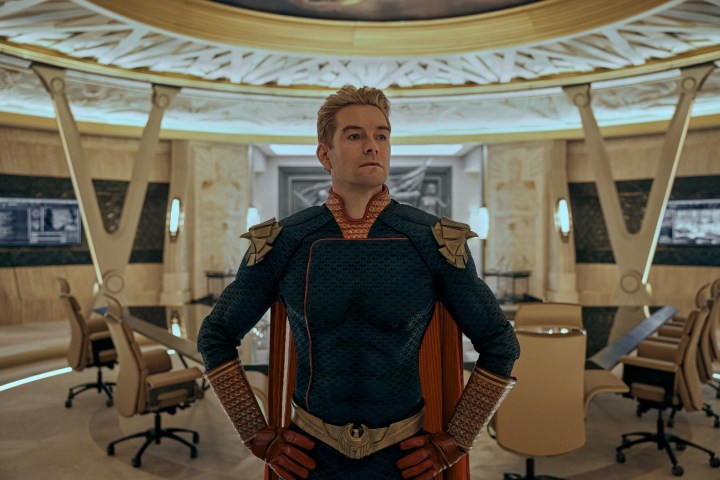The question of “What if someone with the powers of Superman was evil?” has become something of a cliché in the last decade. From the horror movie Brightburn to Homelander in The Boys, and even DC’s cinematic universe and the upcoming (and recently delayed) game Suicide Squad: Kill the Justice League, many stories have asked that question. It’s a video game, though, that perhaps most definitively grapples with the topic. A decade after its release on PlayStation 3, Xbox 360, and Wii U, Injustice: Gods Among Us still stands as the definitive evil Superman story.
Injustice: Gods Among Us is a mechanically solid fighting game that’s still enjoyable to play today, but a decade later, its story is what I remember most. It features a believable Superman heel turn, giving us a greater understanding of what makes the caped do-gooder a compelling character while also telling a tragic DC Elseworlds story about how trauma can impact a person.
What makes an evil Superman story work
NetherRealm Studios’ Injustice: Gods Among Us takes place in a world where The Joker tricks Superman into killing a pregnant Lois Lane with toxic fear gas, which in turn causes a nuclear bomb to destroy Metropolis. This causes Superman to snap, kill The Joker, and become a world-ruling dictator who only becomesmore and more crazed over time. One particularly poignant scene that sticks with me is when Batman tries to empathize with Superman about having lost loved ones too, only for Superman’s response to be: “But you weren’t the gun.”

Superman inspires awe with his powers, but many stories where he or a being like him is corrupted are most concerned with the threat of it being a weapon pointed in the wrong direction. Sadly, it feels like a lot of media with an evil take on Superman stops the thought process there, choosing to make him mind-controlled or an inherently evil force from birth. Injustice: Gods Among Us acknowledges and plays into this, but goes even deeper with the idea.
Yes, Injustice’s Superman is scary because of the physical threat he imposes, but there’s also a chilling tragedy in a story about the trauma that can even corrupt one of fiction’s most wholesome heroes. It’s terrifying seeing Superman turn bad of his own volition, something the game fully commits to (like when he mercilessly kills Shazam). To The Boys‘ credit, Homelander was similarly molded from abuse and trauma. Still, there’s something even more powerful seeing this happen to Superman himself and, after that, seeing that corrupted version pitted against a version of Superman that’s still good.

The game’s plot is primarily about the Injustice world’s Batman bringing heroes over from the prime DC universe to help a resistance take down Superman once and for all. Ultimately, the alternate universe’s good-guy Superman is called over to stop Injustice Superman (at least until the events of the sequel). While I was slightly disappointed by this revelation when I first played the game, over time I’ve come to appreciate how Injustice positions this downfall as an Elseworlds cautionary tale rather than something that happens in the main universe.
I like Superman most when he’s a symbol of hope, not fear, but stories like Injustice remind us just how pure Superman is. By directly reflecting two versions of Kal-El together, fans can appreciate the ideal version of Superman even more as they can see what the character refuses to do when he’s at his lowest.
The good version of Superman wins, and that’s for the best. Ending on an evil Superman being in control might sound more plausible, but it isn’t nearly as narratively respectful or satisfying. This fallen version of Superman losing shows the strength of the ideals Superman stands for, as well as respect for the character himself while still delivering the horrific, intense action that people want on a surface level from a story where Superman isn’t holding back anymore.

Stories with evil Superman characters purely focused on spectacle and power don’t work as well for me as the gravitas of Injustice. The fighting game checks all the right boxes, offering a definitive take on this subject, and it’s likely one of the reasons so many pieces of mainstream media have grappled with the idea in the decade since.
Go back and give Injustice: Gods Among Us a shot on PC, PS3, PS Vita, PS4, Xbox 360, Xbox One, or Wii U on its t10th anniversary if you want a reminder of what makes evil Superman stories so compelling and what this kind of narrative looks like at its best.



